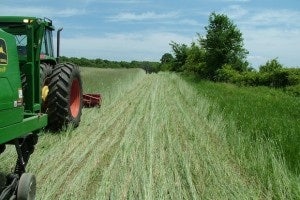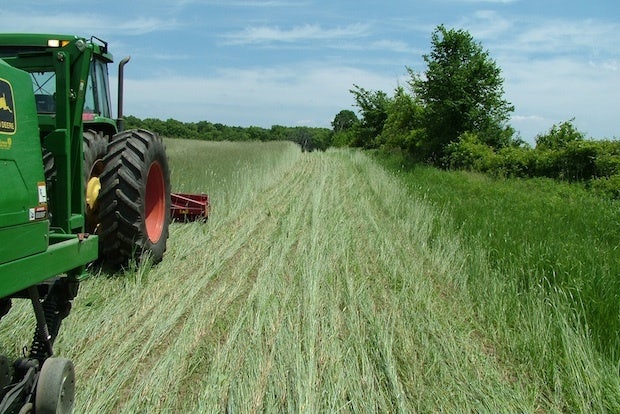Is Opportunity There For International Organic Farms?#

Along with their incomes, the health consciousness of China's middle class has shown a steady rise in recent years, with this consumer demographic placing a premium on their well-being in the face of high-profile food safety scandals. In the span of only a few years, middle-class Chinese have become some of the most active patrons of the country's boutique supermarkets (formerly the reserve of the ultra-wealthy), and now spend heavily on nutritional supplements, bottled water, imported nuts and organic produce. Along with the luxury handbags and heaps of high-end apparel they bring back to China from overseas holidays, Chinese outbound tourists are often seen stocking up on everything from vitamins and protein powder to baby formula and diapers.
Facing a seemingly endless stream of food safety controversies -- most recently toxic preserved fruit -- ever more rattled consumers are seeking out alternative food sources and increasing demand for organic products.
As Tony Zhang, founder and president of Pudong Da Tuan, one of the largest organic farms in the Shanghai area, recently put it, “Demand for organic vegetables in China is primarily driven by the need for safe food. Only a small portion of people choose it as a low carbon, environmentally friendly option as it is in other countries." Though, owing to its vast size, China ranked as the world's third-largest organic produce market in 2010, Zhang added that "China's organic produce currently makes up less than one percent of market share, compared to about 10 percent in more advanced countries. Hence, there is huge room for growth in China.”
However, increasing their organic output and assuaging consumer fears of product safety is easier said than done for mainland Chinese organic farms. With only 8.5 percent of the world's arable land and 6.5 percent of its water reserves, China’s demand for organic produce presents what could be a tremendous opportunity for foreign organic farms in places like agricultural powerhouse Australia. Along with presenting a new export destination for Australian organic farmers, Chinese demand has led an increasing number of Chinese investors to look at land purchases in the land down under. To date, according to a recent report by consulting firm KPMG, a lack of mutual understanding about Chinese investment motivations in Australia's agriculture sector means the East Asian giant may actually lose out to other countries.
According to Doug Ferguson, head of KPMG Australia's China practice, the debate within Australia about Chinese investment needs to move beyond fears of "selling the farm" and examine how Australian companies could benefit by working to ensure China's food security needs, especially in a time when Australia’s own go-to resource sectors are slowing down. Currently, domestic fears persist that foreign ownership could affect the price, quality and supply of food, while also threatening Australian jobs. According to a recent survey by Baker and McKenzie, 49 percent of respondents viewed foreign investment in Australia's agriculture sector as a threat and 45 percent believed trade barriers need to be heightened.
However, such hype appears clearly over-exaggerated, as China currently accounts for only about 1 percent of total foreign investment in Australia, compared to 28 percent from the United States and 25 percent from the United Kingdom, according to the Australian Bureau of Statistics. As Phillip Napier, head of KPMG's agribusiness practice recently pointed out, “Australian agriculture and governments need to build strong commercial ties and lower the barriers to trade and investment in order to take advantage of the Chinese opportunity.”
